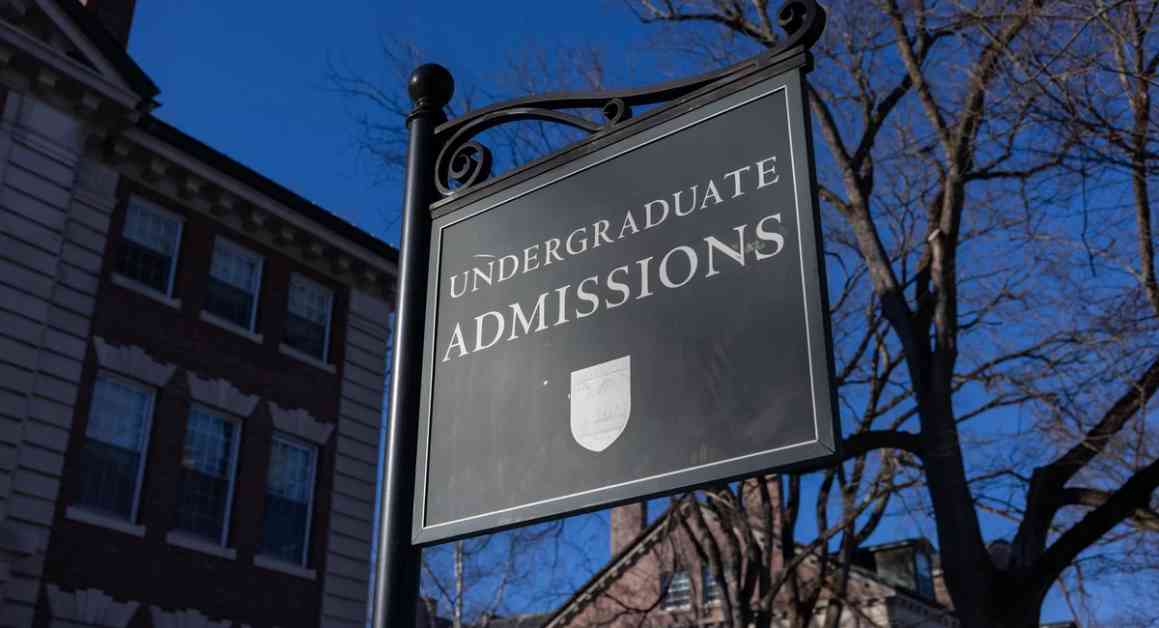Recently, prestigious colleges and universities like Columbia University have seen a significant drop in the enrollment of Black students. This decline follows a landmark Supreme Court ruling in June 2023 that prohibited schools from considering race in admissions decisions. For instance, at Columbia, the share of Black students fell from 20% to 12%, while at Amherst College, it dropped from 11% to 3%. Similarly, MIT saw a decrease from 15% to 5% for Black students and from 16% to 11% for Hispanic students.
On the other hand, Asian American representation has increased at some schools like Columbia and MIT. However, the situation remains unclear for white students at these institutions. The effects of the ruling are still unfolding, with many colleges and universities grappling with how to navigate the new admissions landscape.
In a conversation with OiYan Poon, the author of “Asian American is Not a Color: Conversations about Race, Affirmative Action, and Family,” she highlighted the impact of these changes on Black and Asian American students. Poon expressed concern about the loss of intellectual talent among Black students at predominantly white institutions and emphasized the need for a more inclusive admissions process.
She also touched on the role of Asian Americans in the affirmative action debate, pointing out the diverse experiences within the community. Poon discussed how stereotypes about Asian Americans have been used to perpetuate inequalities in education and how these stereotypes can be harmful to all minority groups.
Overall, Poon advised students and parents to stay true to themselves and explore the many opportunities available in higher education. While the current admissions landscape may be challenging, she encouraged individuals to lean into their interests and curiosities. Additionally, Poon acknowledged the anxieties of parents and students, particularly those from disadvantaged backgrounds, and stressed the importance of recognizing and addressing inequalities in the education system.
As colleges and universities navigate the complex legal and financial considerations surrounding admissions decisions, Poon highlighted the need for institutions to prioritize diversity and equity. She emphasized the importance of moving away from fear-driven decision-making and towards a more mission-driven approach that values the contributions of all students.
In conclusion, the impact of the Supreme Court ruling on affirmative action continues to reverberate throughout higher education. While the future remains uncertain, it is essential for colleges and universities to prioritize inclusivity and equitable access to education for all students, regardless of their background.

